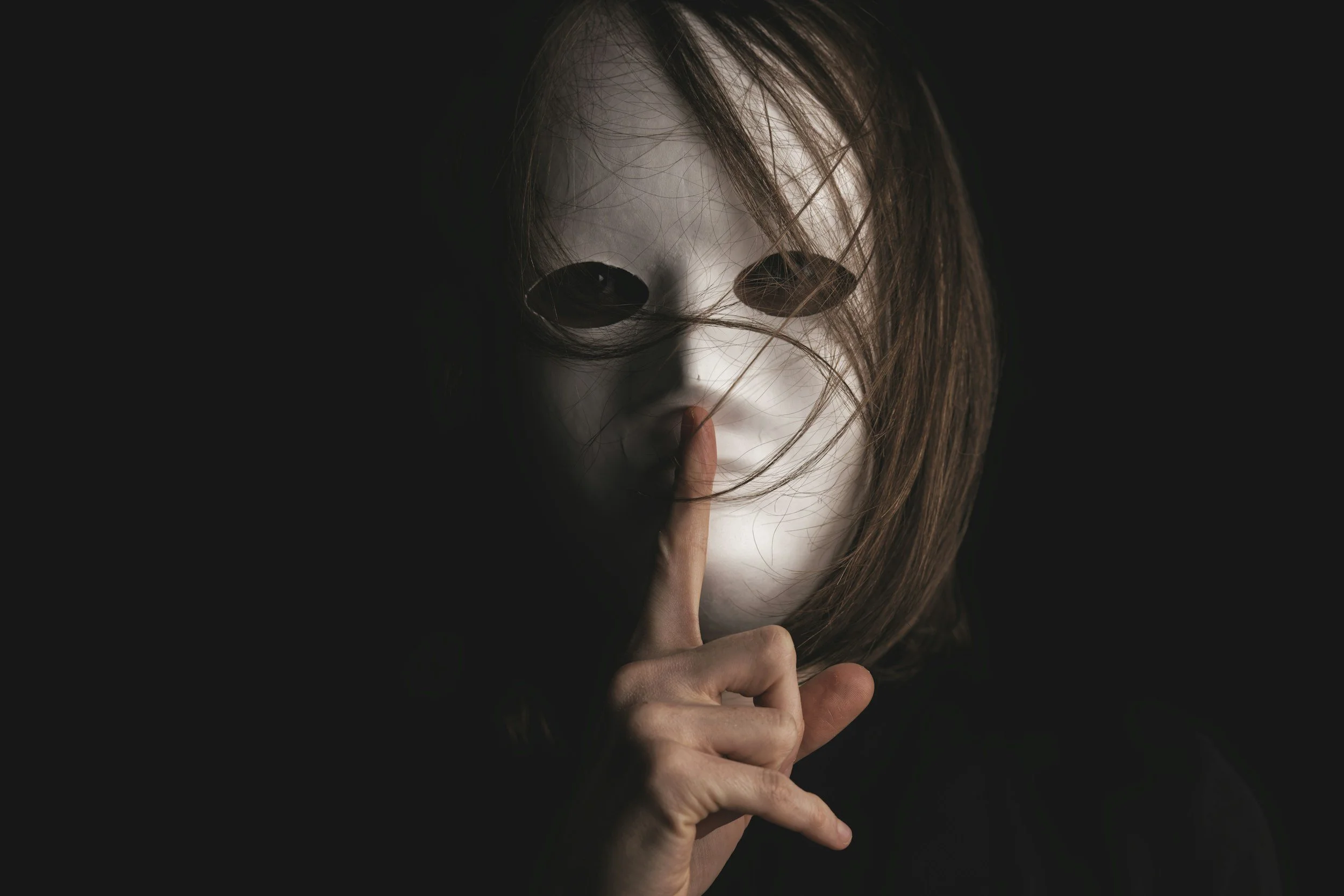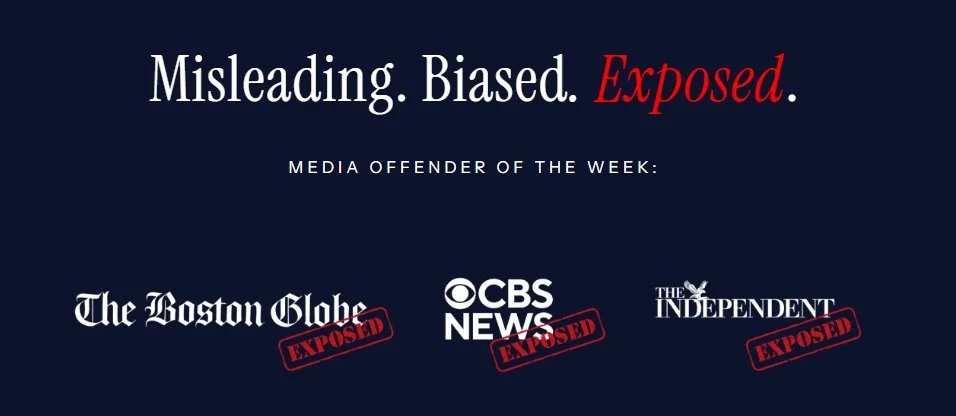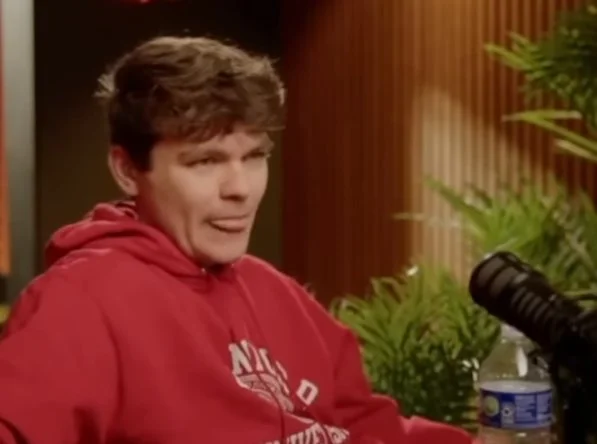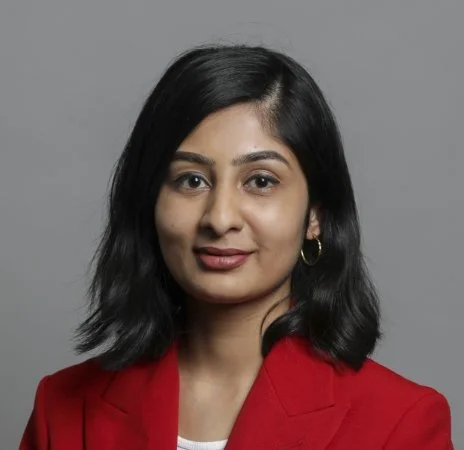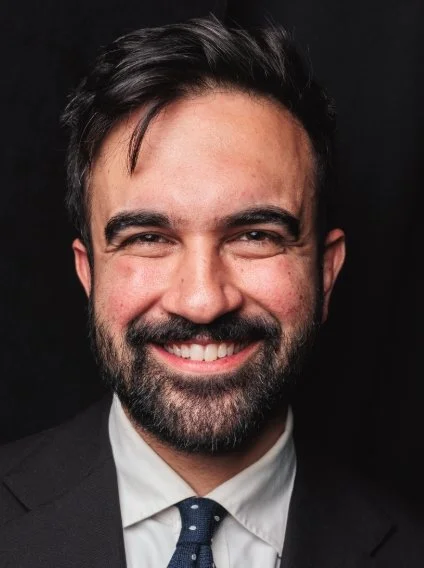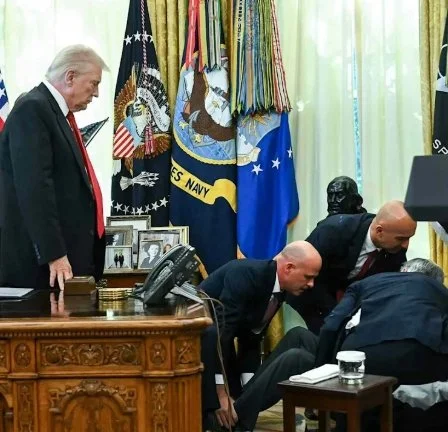Memory Weaponized: A Critical Analysis of Vladimir Putin’s 2025 Victory Day Speech
On May 9, 2025, Russian President Vladimir Putin delivered his Victory Day address at Moscow’s Red Square, invoking the memory of the Soviet Union’s triumph over Nazi Germany. Cloaked in reverence for fallen soldiers and gratitude toward veterans, the speech served less as a commemorative moment and more as a strategic tool to validate Russia’s ongoing war in Ukraine, consolidate internal loyalty, and obscure its growing international isolation. Through an analytical lens of psychology, politics, and sociology this essay reveals how the speech distorts history, manipulates national identity, and perpetuates authoritarianism.
Psychological Engineering Through Historical Emotion
From the opening lines “we are all united by feelings of joy and sorrow, pride and gratitude” Putin appeals to shared emotional memory. By connecting contemporary Russians with the trauma and pride of WWII, he forges a continuity between the sacrifices of “our fathers, grandfathers and great-grandfathers” and today’s conscripts fighting in Ukraine. This strategy serves a dual purpose: it reaffirms loyalty through emotional bonding while insulating the regime from criticism by embedding the current war within a sacred historical context.
Putin’s invocation of collective memory “we faithfully preserve the memory of these historical, triumphant events” does not merely commemorate; it indoctrinates. He turns grief into obligation, insisting “they bequeathed to us to defend the Motherland...our national interests, our thousand-year history, culture, traditional values.” In this way, private mourning is converted into public duty. The psychological pressure is intense: to question the war is to betray not only Russia but one’s ancestors.
Furthermore, Putin frames Russia’s current identity through the moral absolutism of WWII. “Russia has been and will be an indestructible barrier to Nazism, Russophobia, anti-Semitism.” This statement conflates the historical reality of Nazi Germany with any contemporary criticism of Russia. It is a blatant form of moral misappropriation, wherein dissent becomes equivalent to fascism. This not only stifles internal criticism but gives license to brutal external aggression under the guise of “fighting Nazis.”
Political Revisionism and Justification for Aggression
Putin’s historical retelling is riddled with omissions and distortions. He speaks of the Soviet Union taking “the most ferocious, merciless blows of the enemy” and praises the “heroism of the residents of besieged Leningrad.” While the Soviet Union’s sacrifices during WWII are undeniable, Putin omits inconvenient facts, most notably the Molotov-Ribbentrop Pact of 1939, under which the USSR and Nazi Germany divided Poland and enabled the start of the war. Such omissions are deliberate, aiming to present Russia as a historical victim and savior, never an aggressor.
The most egregious manipulation comes in his reference to the ongoing invasion of Ukraine, framed as the “special military operation.” Putin declares, “truth and justice are on our side. The entire country...supports the participants.” This is demonstrably false. As of early 2024, the International Criminal Court has issued a warrant for Putin’s arrest over the illegal deportation of Ukrainian children, and the war has led to hundreds of thousands of casualties on both sides. Internally, the Russian state has suppressed protests, imprisoned dissenters, and forced the conscription of reluctant citizens, far from the united patriotic front Putin describes.
By tying today’s war effort to WWII, Putin weaponizes the past. He asserts, “we will never agree with...attempts to justify the executioners and slander the true victors,” implying that Ukraine or its allies are attempting to rehabilitate Nazism. This baseless claim ignores the fact that Ukraine’s president, Volodymyr Zelenskyy, is Jewish, and that Ukraine is a sovereign, democratic nation resisting an unprovoked invasion. Such statements represent not historical analysis but strategic disinformation, designed to provoke fear and foster blind allegiance.
Social Uniformity and the Death of Pluralism
Beyond political manipulation, Putin’s rhetoric enforces a socially regressive ideology. The phrase “our thousand-year history, culture, traditional values” is not merely nostalgic, it is exclusionary. In today’s Russia, “traditional values” have come to mean anti-LGBTQ+ laws, censorship of independent media, and the criminalization of political opposition. The speech's emphasis on unity “in military and peaceful affairs...in the name of Russia” translates in practice to a suppression of pluralism and civil society.
The glorification of the military pervades the speech. “We are proud of their courage and determination,” he says of Russian soldiers, “that strength of spirit that has always brought us only victory.” But this framing ignores the human cost. Hundreds of thousands of Russian military personal have lost their lives since the start of the Ukraine war. Many of these were young, conscripted men sent into poorly resourced battles with minimal training. Rather than honour their memory through truth, Putin enfolds their deaths into a sanitized narrative of valour.
Even as he praises the multi-ethnic contributions of Soviet citizens during WWII “the contribution of the inhabitants of Central Asia and Transcaucasia was enormous” Putin’s own regime has marginalized many of these groups. Ethnic minorities are disproportionately drafted into the military and face systemic discrimination within Russia. The speech, therefore, presents a myth of unity that is not reflected in domestic policy.
The Global Stage: A Fabricated Moral Authority
Putin concludes by asserting that the Soviet Union’s victory was made possible by “the joint efforts of the countries of the United Nations,” including “the courageous people of China.” This vague internationalism is designed to mask the reality of Russia’s isolation. Since the 2022 invasion, over 40 countries have imposed economic sanctions, and diplomatic relations with the West have deteriorated significantly.
The line “we will always rely on our unity...in the name of Russia, its greatness and prosperity” reveals the core message of the speech: greatness through unity, unity through war, and war as a path to national rebirth. But this vision is fundamentally brittle. The Russian economy has stagnated under sanctions. Skilled professionals have fled the country in a massive brain drain. Public trust is increasingly maintained not through consent, but coercion.
Simply Put: The Weaponization of Memory
Putin’s 2025 Victory Day speech is a carefully constructed tapestry of myth, manipulation, and militarism. It takes the sacred memory of WWII and distorts it to serve the aims of a state mired in unlawful war, repression, and historical revisionism. Beneath the patriotic pageantry lies a dark truth: memory is no longer a source of reflection in Russia; it is a tool of war.
By exploiting collective grief, silencing dissent, and rewriting the past, Putin transforms a day meant to honour peace into a justification for further violence. In doing so, he betrays the very memory he claims to protect.
Sources
Putin's Victory Day speech in full as war-mad despot claims Russia is 'indestructible'
Russia stages Victory Day parade as EU ministers pledge further support for Ukraine – Europe live

